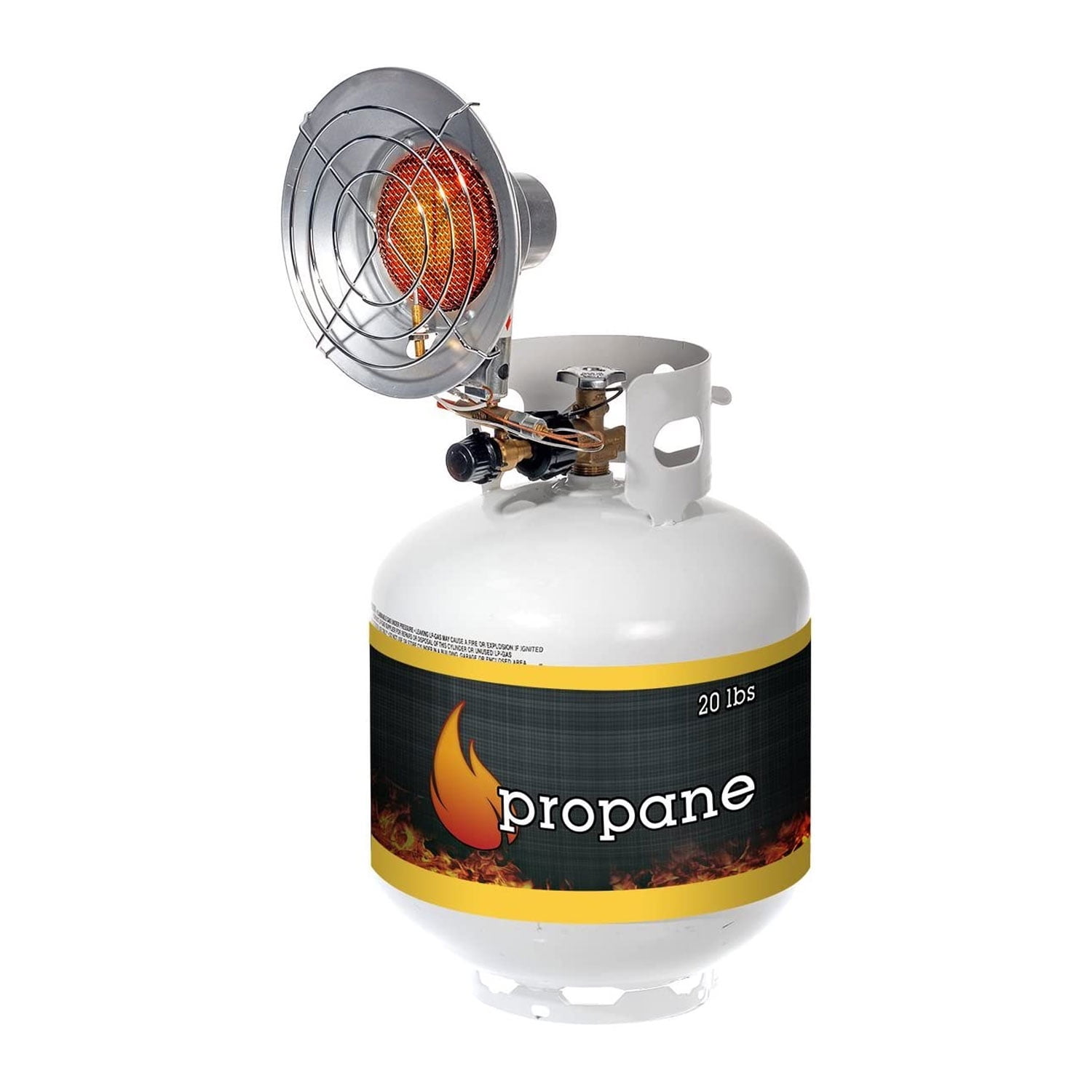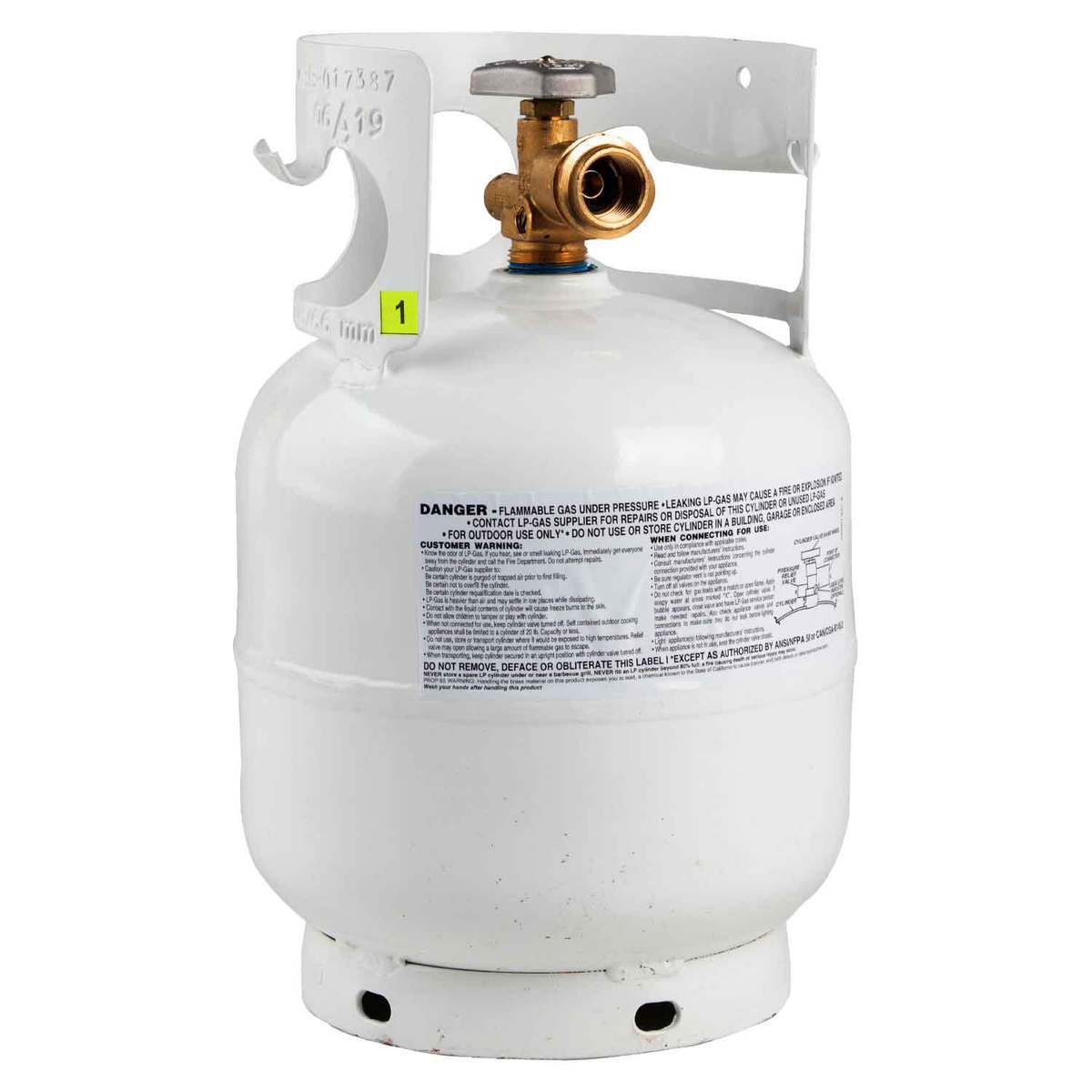20 Lb Propane Tank Explosion – Propane is used by individuals at residences as well as businesses for commercial purposes. In general, most people use propane appropriately, and injuries do not occur. However, there are times when propane can cause explosions, leading to serious injuries and extensive property damage. Here, we want to examine some of the most common causes of propane explosions. With this information, we hope that you will be able to take the steps necessary to prevent a serious incident from occurring on your property.
The term “natural gas” actually encompasses several types of gases, including propane, butane, ethanol, and methane. Propane is separated from these other gases and sold for residential and commercial uses. It is naturally odorless and colorless and requires the addition of an odorant so humans can detect it in case of a gas leak. Propane is pressurized into a liquid state for storage and transportation and is therefore called “liquified propane” or LP. Because of this pressurization, even a small discharge of liquified propane will create a serious hazard of ignition or explosion. While natural gas is widely used as a cost-effective way to primarily heat homes and businesses and for outdoor recreational purposes, many dangers of propane gas exist. And, unfortunately, these dangers can lead to significant burn injuries with the potential of impacting the rest of the injured person’s life.
20 Lb Propane Tank Explosion

Propane is a useful, reliable energy source, and you may be drawn to it for a number of reasons. Maybe you’re building an off-grid cabin in the forest. Maybe you want to power a backup generator so that you’ll always be prepared for a power outage. Maybe your business uses a lot of propane-powered equipment, and you want to keep a generous supply on hand.
Contact A Propane Tank Explosion Attorney For Help With Your Case
Overfills often occur due to an over-reliance on automated devices that supposed to stop filling when the cylinder is full. This doesn’t always work, however, for differing reasons, including employee misuse. When overfilled, even just slightly, the pressure valve on the cylinder will open, releasing gas. As previously stated, even a small leak of LP gas inside an enclosed space, like the interior of a vehicle, for example, can result in a buildup that reaches explosive limits.
If you or somebody you care about has been hurt in a propane explosion, you need to find the best legal assistance possible to help you recover compensation. At the Doan Law Firm, we have a track record of success handling complex explosion injury claims in Texas and throughout the US. We have an extensive network of resources that we can use to help ensure that you recover the compensation you are entitled to for your losses. When you need a Houston propane explosion attorney, you can contact us for a free consultation or by calling (800) 349-0000.
Thankfully, you can easily avoid most propane tank problems by keeping your tank well-maintained and in good repair. Here at Affordable Tanks, we offer tank servicing and repairs that will alleviate problems before they even begin!
There are several solutions to this problem. You could create a mulched flower bed around your propane tank, or cover the ground around your propane tank with gravel, so you won’t need to mow or weed-eat close to the tank. You might also consider buying an underground tank.
Common Causes Of Propane Gas Explosions
Of course, you’ll still need to take the initiative to monitor your propane levels and schedule refills. But when the electricity goes out and everyone else is in a panic, you’ll be all set with plenty of fuel for all your needs.

However, propane tanks are not indestructible. They can break down, particularly if they rust. Smaller tanks expire 12 years from the date of manufacture, which you can find stamped on the collar. After 12 years, you’ll need to get your tank re-certified.
However, sometimes it’s difficult to assess for yourself whether you have the space or not. It’s best to contact a propane tank installer who knows the local ordinances and how much space their truck will need to maneuver.
For decades, propane users have been frustrated by the hassle and headache of keeping track of their propane levels. For smaller tanks that don’t have gauges, you pretty much have to weigh them to know how much propane you have left.
What To Do After A Propane Gas Explosion And Fire
In our experience handling residential LP gas explosion cases, the most common cause of explosions, fires, and serious injury and death occurred because a liquified gas system was placed into service without proper pressure and/or leak testing. In virtually every such case, properly performed testing would have uncovered the problem, and the explosions and fires, injuries and deaths, could have been avoided altogether.
Both codes also provide proper methods and steps to conduct proper safety inspecting. These are essential safety rules because the failure to do leak tests and pressure tests properly and when required results in the risk of undetected leaks and system failures which can and do lead to catastrophic results.
On the other hand, when you wake up cold in the middle of the night because you didn’t realize you were running low on propane, you can feel like the least prepared person in the world.
There’s a common misconception that propane tanks are explosive. Maybe you’ve seen an action movie where someone shoots a bullet at a propane tank and the whole thing explodes. Or perhaps the very idea of a pressurized tank full of a flammable substance seems scary and very explodable.
/cloudfront-us-east-1.images.arcpublishing.com/gray/AVVQMTDSRVODZNYJWKN6NZDT24.jpg)
Is Propane Gas Safe For My Home?
Our highest hope is that there will be no more serious injuries and deaths as a result of LP gas explosions and fires. However, when they do occur, protecting the injured person’s rights to obtaining compensation for their injuries is essential. A fire origin and cause investigation will commence almost immediately following a gas explosion and fire to answer:
Propane explosions are typically caused not by the tank itself exploding but by a gas leak in an enclosed space igniting somehow. That’s why the best way to prevent propane explosions is to keep your system serviced and watch out for leaks.
The easiest way to tell is by smell. Propane itself is odorless, so manufacturers mix it with a pungent chemical called mercaptan. The added mercaptan gives propane its characteristic “rotten egg” smell, which makes it easy to detect leaks before they become too dangerous.
In the rare case that a propane tank does explode, its cause can be chalked up to extreme and abnormal circumstances. For example, if someone foolishly cuts into their propane tank with power tools. Propane tanks can also explode during a fire, but propane tanks are so sturdy that they sometimes survive fires intact.
Propane Has Many Uses
Not only is propane toxic if you inhale too much of it, but it’s also dangerous to have a flammable gas floating around freely in your home. If you have a propane leak inside your home, you should immediately put out any open flame and exit the house. Then you should shut off the propane supply and call your repairman to see if they can do an emergency repair.
While liquified gas is a clean source of fuel for homes, use comes with a few inherent risks. LP is commonly used in rural areas and stored under pressure in a 500-gallon tank. Via several external regulators, the liquified propane is depressurized from the tank to the home in order to be usable by small in-home appliances. Though LP gas use can be relatively safe, there are a few dangers of propane gas and LP associated with use, including but not limited to the following:
Finally, to be on the safe side, keep your small, portable tanks away from extreme heat. Don’t place your tanks in places that can heat up, like the trunk of a car. Store them out of direct sunlight and keep them away from open flames.

The two primary safety codes and standards in the U.S. are governed by the National Fire Protection Association (NFPA) and are known as NFPA 54 – National Fuel Gas Code, and NFPA 58 – Liquified Petroleum Gas Code. The State of Michigan has adopted both of these codes. These two codes govern virtually every aspect of the storage, delivery, installation, pressurization, service, testing, and use of LP gas systems.
Propane Gas Regulations And Safety Measures
The propane inside your tank is highly pressurized, and your regulator converts it to the correct pressure for your appliances. If your regulator is worn out or damaged, it may leak, or the gas pressure can fluctuate, causing problems.
If your tank is old, rusted, or defective in some way, you’ll want to replace it. However, disposing of an old tank can be complicated. You can’t just toss it in the trash since some residual propane will be left in the tank.
To check for leaks yourself, you can buy a liquid gas leak detector from your hardware store. If you apply the liquid to your gas lines and connections, it will form bubbles if there are any leaks. This will help you detect micro leaks that may be wasting your propane.
When transporting small propane cylinders, it is absolutely essential they remain upright during transport. Lying on their side or tipping onto their side can result in a gas leak. We have previously represented a family whose four-year-old daughter was a passenger in the backseat of the vehicle. A gas company employee placed a small propane cylinder on its side, which caused it to leak and fill the trunk. A small spark from the trunk’s antenna raising motor ignited the gas, resulting in serious burns to the child in the backseat.
Precautions Using Small Propane Cylinders
First, keep in mind that propane use fluctuates depending on the circumstances. For instance, if you’re heating your house with propane, you’ll use a lot more of it in the winter than in the summer. But if you’re worried that you’re using too much propane, here are some things you can do.
Propane may also leak from the tank itself or from the valve or outdoor gas line. An outdoor leak is not as immediately dangerous, but you still want to get it fixed as quickly as possible.

An underground tank will make your yard feel more spacious than an above-ground tank will, but an underground tank has its own set of issues to consider. You’ll have to think about other cables and systems that may already be buried in your yard, such as electrical wires or a septic tank.
Even then, your tubing will be one of the weaker spots on your system, more susceptible to leaks and wearing out than your tank. Keep a close eye on it and check it periodically for leaks.
For larger tanks, laws can vary from state to state. If you’re renting a tank, the company you rent from is responsible for ensuring that your tank is certified correctly. If you buy your tank, be sure to buy from a reputable company that can service your tank and make sure it’s adequately certified.
First, it’s best to get your tubing installed by a professional. If you attempt to do it yourself, you’re more likely to make a mistake that will cost you more stress and money in the long run. Also, you’ll have to check with your local code authorities and obtain the right permits. A professional propane tank installer will have the tools and expertise to install it correctly, safely, and legally.
Propane is a synthetic material. It is a byproduct of oil and natural gas processing, and it is incredibly combustible. It is because of this combustibility that it is used for a variety of purposes in both residential and commercial settings, including the following:
Here at Affordable Tanks, we don’t just sell you tanks. We also ensure that the tank you buy is properly certified and in good working order. We are committed to keeping your tank serviced, well-maintained, and in compliance with all local laws.
propane tank exploding, propane cylinder explosion, do propane tanks explode, 5 gallon propane tank explosion, propane tank explosion radius, propane tank explosion causes, propane tank explosion symbol, propane explosion video

Emma Nehls is a military writer and historian with a passion for exploring the intricacies of warfare and the human experience within the military. With extensive knowledge and a deep understanding of military strategy, tactics, and historical contexts, Nehls brings a unique perspective to his writings.